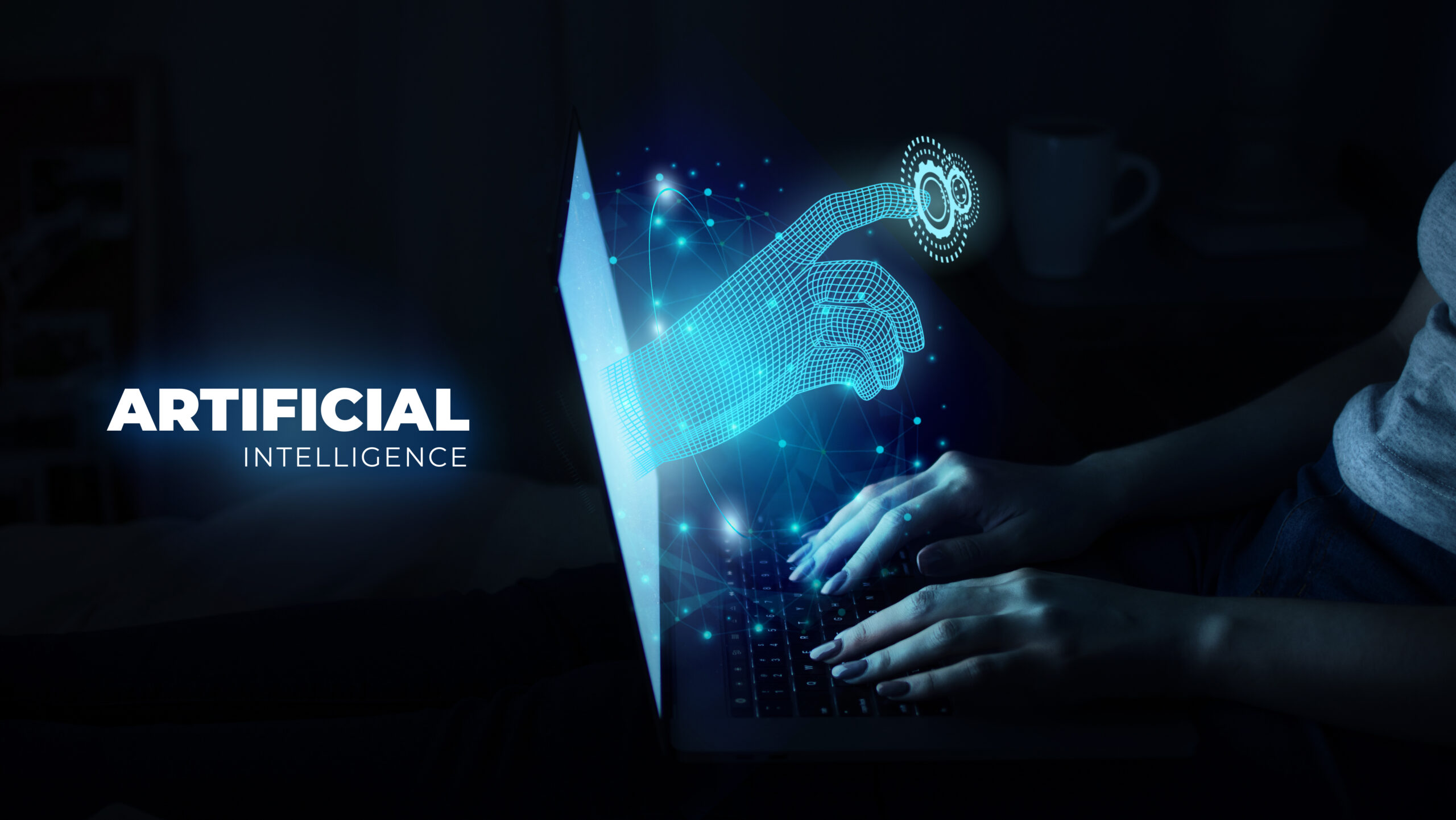Hello Guys , to the amazing and beautiful world of Artificial Intelligence! Ever wondered about Artificial Intelligence? It’s like unraveling the mysteries of smart machines, but don’t worry, we’ll make it fun! Join us on this adventure. Ready? Let’s get started!”
Introduction to Artificial Intelligence –
Artificial Intelligence (AI) is a fascinating field that has gained popularity and importance in recent years. As technology and computing power advances, AI has become a key driver of innovation, transforming businesses and changing the way we live and work. In this article, we will delve deeper into the world of artificial, exploring its application, and impact on humans.
What is intelligence?
Artificial intelligence essentially refers to the creation of intelligent machines that can perform tasks that normally require human expertise. These machines have the ability to learn, reason, solve problems and adapt to many situations. Artificial intelligence can be divided into two categories: narrow intelligence and general intelligence. While narrow AI focuses on specific tasks, such as speech recognition or image classification, AI aims to have the same intelligence as humans and perform all types of intelligence.
History of Artificial Intelligence –
Early Beginnings:
The roots of Artificial Intelligence date back to the 1950s, when the idea of creating intelligent machines first emerged. . At that time, computer scientists and mathematicians began to explore the idea of simulating human intelligence through computers. Pioneers such as Alan Turing and John McCarthy laid the foundation for artificial intelligence research and envisioned the potential for machines to mimic human thought and decision-making.
Dartmouth Conference:
The Dartmouth conference, which marked the birth of the field of artificial intelligence, was held in 1956 Hosted by McCarthy, Marvin Minsky, Nathaniel Rochester, and Claude Shannon ,the conference was designed to bring together experts from a variety of disciplines to discuss the possibilities of intelligence. The post conference generated great interest and excitement, giving rise to the belief that artificial intelligence is on a rapid development path.
Early successes and challenges:
In the 1950s and 1960s, artificial intelligence achieved great success, achieving early successes in areas such as problem solving and standards knowledge. Developments such as IBM’s Deep Blue , Which defeated chess grandmaster Garry Kasparov in 1997, have demonstrated the potential of artificial intelligence in complex tasks. However, based on artificial intelligence research, we have discovered that human-like intelligence is difficult to achieve.
AI Winter:
Despite early success, AI experienced a period of decline in the 1970s and 1980s known as the “AI Winter”. Advances in intelligence research have failed and funding for intelligence programs has been cut. Failure to meet the high expectations set in the early days of intelligence has led to doubts about the future of the field. However, this time allows scientists to evaluate the limits and possibilities of artificial intelligence and lay the foundation for future advances.
The renaissance of artificial intelligence:
The late 1990s marked the beginning of the renaissance of artificial intelligence. Thanks to advances in computing power and the availability of large amounts of data, machine learning has tackled challenges that have revolutionized the field. Machine learning algorithms such as neural networks and deep learning have begun to improve the rule based process in many tasks. The renaissance of artificial intelligence has led to major advances in fields such as computer vision, natural language processing and robotics.
Current Applications of Artificial Intelligence:
Today, artificial intelligence is entering many fields, changing every aspect of life and improving our daily lives. In medicine, artificial intelligence is used in diagnosis, drug discovery and personalized medicine. Ecommerce platforms use artificial intelligence algorithms to provide recommendations to users. The automotive industry is integrating artificial intelligence into autonomous driving to improve road safety and efficiency. Virtual assistants like Siri and Alexa use artificial intelligence technology to understand and respond to human commands.

Artificial Intelligence Applications –
Artificial Intelligence is used in many industries to increase efficiency, productivity and accuracy. Let’s examine some important areas where artificial intelligence is making a huge impact :
Healthcare:
AI-powered solutions are changing the healthcare industry, helping diagnose diseases, and self- healing.
For Example – AI algorithms can analyze medical images to find abnormalities and help doctors make the right decisions.
Finance:
Artificial Intelligence is changing the financial industry by improving fraud detection, improving customer service through virtual assistants, and improving investment strategies. Chatbots powered by artificial intelligence technology can provide instant answers and personalized financial advice to customers.
Transportation:
Artificial Intelligence plays an important role in driving making roads safer and reducing traffic accidents .Using smart algorithms, driverless cars can analyze data in real time to make split-second decisions, improve road safety and reduce human error.
E-commerce:
Artificial Intelligence is redefining the e-commerce landscape, enabling personalized recommendations ,marketing plans and effective product management. Artificial Intelligence algorithms analyze the user’s behavior, preferences and purchasing history to provide recommendations for products and improve the business overall.
The impact of artificial intelligence on society
The popularity of artificial intelligence has had a positive impact. But it is important to consider the impact on society :
Employment:
There are concerns that AI could lead to job losses, with automated jobs doing more work and less work. But AI continues to create new jobs, mostly in AI development and maintenance.
Ethics:
As artificial intelligence develops, ethical issues arise, such as bias in artificial intelligence algorithms, invasion of privacy, and the ethics of using artificial intelligence in warfare. Guidelines and regulations mustbe developed to enable responsible AI development and deployment.
Education:
AI has the ability to transform learning, personalize learning, and provide support to students. Intelligent teaching methods can be tailored to students’ individual needs, improving learning outcomes and educational integrity.
The future of intelligence:
As we look to the future, intelligence must continue to advance. New technologies such as quantum computing and neural networks hold promise for greater artificial intelligence. However, it is important to address the ethical issues surrounding intellectual property and its impact on business operations. A balance must be struck between utilizing the potential of intelligence and ensuring that it is beneficial to society.
Conclusion:
The history of Artificial Intelligence is a fascinating journey that has seen remarkable breakthroughs, setbacks, and significant advancements. From its early beginnings in the 1950s to the current era of machine learning and neural networks, AI has become an indispensable part of our lives. As AI continues to evolve, it is vital that we work towards leveraging its potential ethically and responsibly, ensuring a future where humans and machines coexist harmoniously and intelligently.
